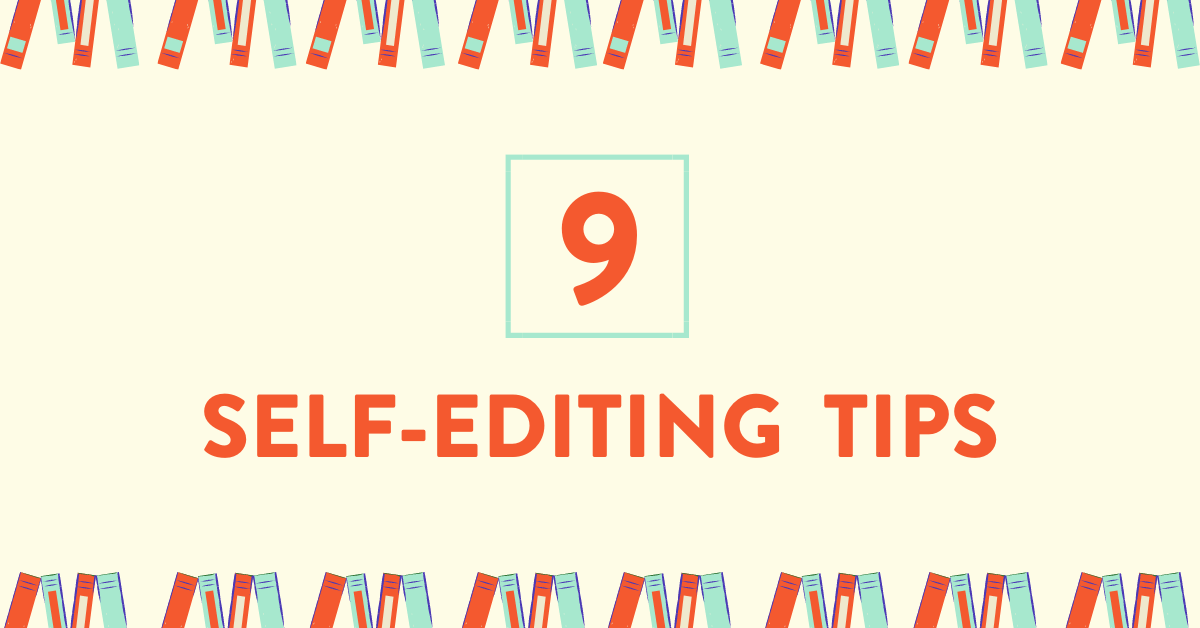 Writers are often bad editors of their own work.
Writers are often bad editors of their own work.
Even when they are fantastic draft writers, they need help from an outside eye to get it to the next level. Still, there are some easy tips that will improve your skills as an editor of your own work.
The editing tips below are not, for the most part, tricks for how to edit your story word by word.
You’ve probably already heard a lot of those kind of word-by-word editing tips, because they are the most common. Delete the word “that.” Delete redundant words. Delete unnecessary dialogue attribution. Yada, yada, yada. You need some new advice.
What I’m trying to give you here is mostly structural editing.
This is the hardest stuff to self-edit. Anybody can trim down their prose, but it’s much harder for a writer to see that they need to switch around two chapters, or to delete an entire character. Yet that is exactly what these editing exercises are designed to teach you.
1. Isolate, Isolate, Isolate
I’m often surprised how few people use this technique of editing. It’s one of the best I’ve ever found, but writers are often too lazy, or think that something so simple won’t work.
Here’s what you do: pick a particular element of your work that you want to improve.
- Titles
- Metaphors/Similes
- Dialogue
Now take the titles from all of your work, or all the similes or dialogue from a particular piece, and dump them all into a new file. Isolate them. In the cold harsh light of a brand new file, you will see them in a new light, because they don’t have all the scaffolding of your other writing to prop them up.
If they’re good, they’ll still look good on their own. But if they’re bad, it will become very obvious that they’re bad. It’ll also be helpful to compare them: you might see that half of your similes are quite good, but the other half are rubbish. Well, start deleting.
It’s also a great idea to add one more thing to this file: your absolute favorite titles, similes, and dialogue. Then study them, figure out what they’re doing, and see if any of your work is doing the same thing.
2. Bring the Scissors
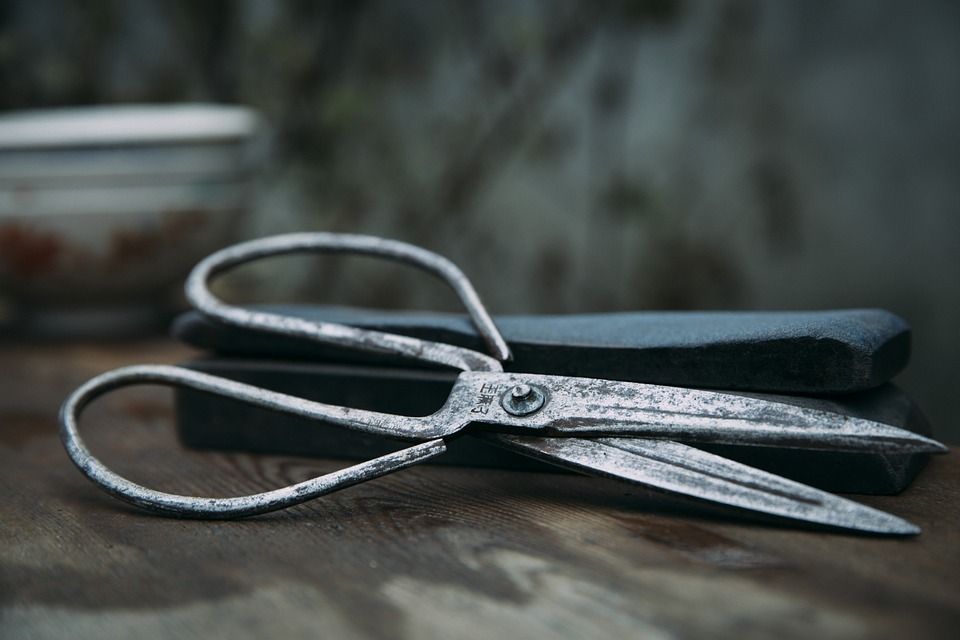 Print out your story or your chapter. Now cut it into pieces according to scenes or some other logical divisions. You want to have at least 5 sections, maybe up to 10. Write a shorthand name on the top of each piece of paper, and tape them together if they’ve gone over two pages.
Print out your story or your chapter. Now cut it into pieces according to scenes or some other logical divisions. You want to have at least 5 sections, maybe up to 10. Write a shorthand name on the top of each piece of paper, and tape them together if they’ve gone over two pages.
Now try to arrange them in a different order. What is the effect by having your last scene be your first? What happens if you start in the middle?
Forget chronology. It’s the least important part to consider when you’re trying to figure out order. What’s important is hooking the reader and entertaining the reader. And that can be done in any manner of ways, many of them non-chronological.
If you do this exercise right, you might also discover some parts of your story which seemed to be essential for continuity are actually less important than you thought. Wonderful. Delete those bad boys.
Pick the section which is the most boring. Which is you going through certain motions to get to the better parts of your story. Okay, well, throw that away, too. You only want the very best scenes, and figure out how to make the story work without including the boring informational parts.
Another name for this exercise might be the Quentin Tarantino exercise. If you remember his movies, he flagrantly disobeys sequencing in chronological order, and prefers to jump all around. Still, it always makes sense, and the out-of-order is quite pleasurable for the viewer.
3. Pick a “Godfather” Story
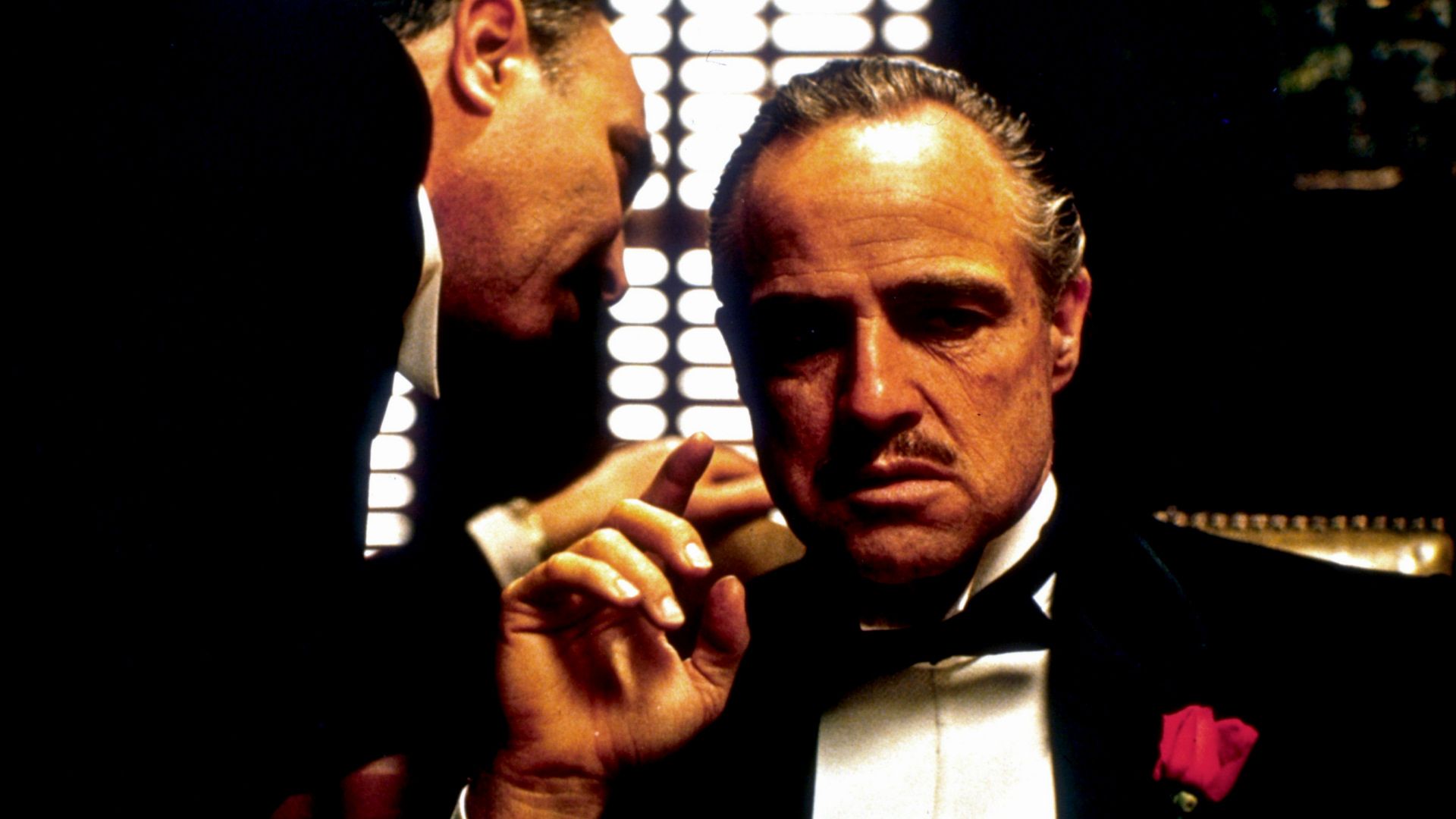 Most books are written on the framework of other books. And when you write a book or a story, it’s helpful to have what I call a “godfather” story. This is a story that might be completely unrelated in terms of theme, but your story is leaning on its structure.
Most books are written on the framework of other books. And when you write a book or a story, it’s helpful to have what I call a “godfather” story. This is a story that might be completely unrelated in terms of theme, but your story is leaning on its structure.
If you don’t have a model, you’re in trouble. Try to think of a story (or go research stories) that might use a similar structure to yours.
How does this help you with editing? Well, glad you asked.
When you’re editing you’re forced to make large-scale decisions. Do I keep this scene? Should I add or delete a character? How do I make the ending work? These questions can be almost impossible to answer if you’re writing in a vacuum, but if you have a model to go back to, you can consult it to figure out what you should do.
Look at the way they ended the story and copy the emotional trick. Count the number of scenes in the other book or story. Count the number of characters. These aren’t hard and fast guidelines, but they can give you a good guess for how things have worked out in the past. After all, narrative isn’t an unexplored country. We are always building on the backs of those who have gone before us.
4. Edit Other People
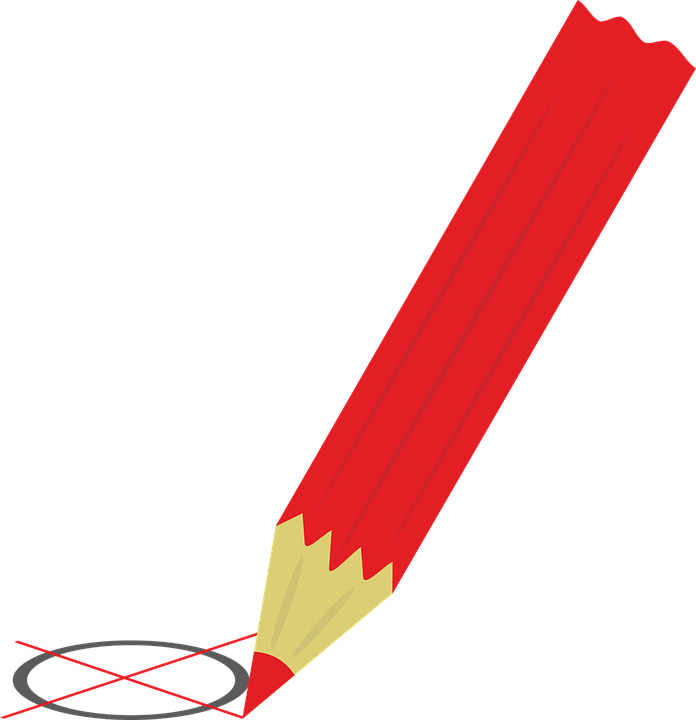 It’s so easy to tell other people what to do with their writing. It’s so clear, isn’t it? Yet when it comes to our own writing, it gets murky.
It’s so easy to tell other people what to do with their writing. It’s so clear, isn’t it? Yet when it comes to our own writing, it gets murky.
Well, the best way to improve your editing skills on your own writing is to edit other people. If you’re a part of a writing group, spend loads of time helping other people with their work. If you’re part of an online forum of writers, volunteer to read pieces for other people.
You’ll find that you will discover patterns of problems. The more you can identify certain patterns (people often fail to do X or Y with an ending, or lackluster dialogue really makes a story sag), the better you will be at being self-critical on those same elements of your writing.
Here’s what you shouldn’t do: spend month after month, year after year, poring extensively only over your own writing. That, strangely enough, won’t make you a better editor. Because you’re too close to it. There are diminishing returns. To use a sports analogy, you can’t build muscle or endurance if you keep doing the same weightlifting exercises. It is variety that helps you to improve.
5. Double-Check the Basics
What are the basics of a story?
- Point of View (POV)
- Tense
- Plot
- Character
The most common mistake I see when editing other people is POV.
So ask yourself some questions: do I skip around to multiple character’s minds? Or do I stay in one character’s mind the whole time? If you stay in one character’s mind most of the time, and then jump to someone else’s mind, this is called a POV shift. It’s a problem. Try to iron out these discrepancies.
Don’t switch tense. You should be writing in past tense, unless you have a really good reason to write in present tense. So don’t shift out of past tense unless you’re writing a flashback, at which point you should switch to “past perfect.” (I had worked).
For the plot, focus on three things:
- Does the action rise throughout the story?
- Does it reach a peak? (a climax?)
- Does the ending resolve all the elements that have preceded it? If it doesn’t resolve them, does it give pleasure to the reader?
I only have one question for you regarding characters: does your character change? If he or she doesn’t, you have a problem. That is the number one characterization mistake I see. It is the most important thing to think about with your character.
6. Bring a Butcher’s Mindset
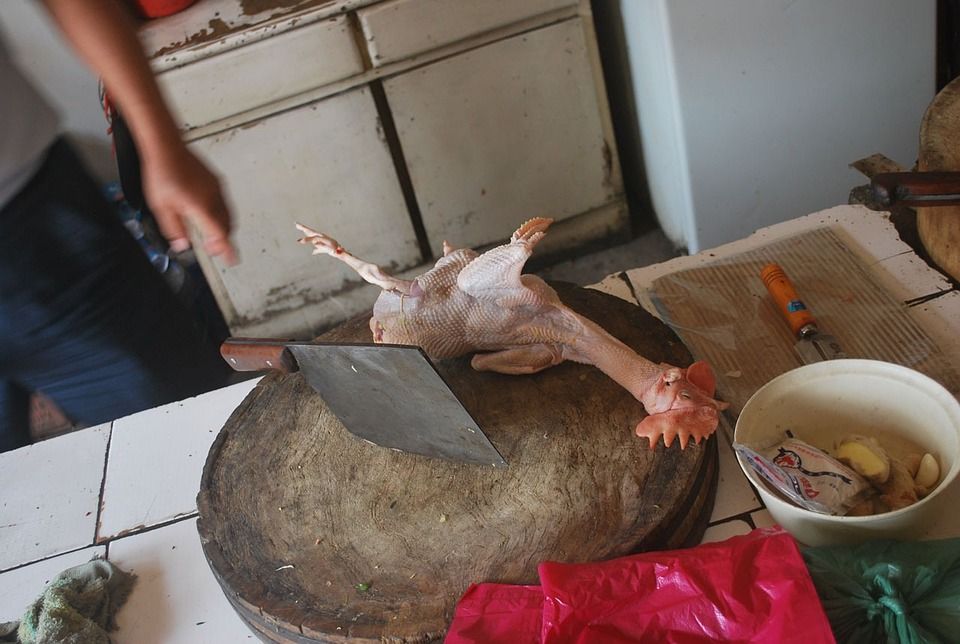 This is the main purpose of editing: to make things shorter.
This is the main purpose of editing: to make things shorter.
The only way to make things shorter is to delete words.
So start deleting words. Try to make every sentence shorter by cutting out filler words. And then try to cut the entire sentence. And then try to cut the paragraph. If you can stomach deleting it, that means it has to go.
Act like a butcher. Chop as much as you can. Be ruthless. You can always go back if you regret cutting something, but 99 times out of 100, you won’t miss what you’ve cut.
Interrogate every single word: is it fat or is it meat? Be merciless with your writing. Every word that comes from your brain is not a unique snowflake. People only want your best ideas, and it’s your job to cut away everything so only your best remains.
7. Do the “First Look” Trick
This is a mental trick when editing. Sometimes, especially when editing a book, you get sloppy later on in the manuscript. Why? Because you’ve scanned over so many words your eyes have begun to glaze over. So that makes the second half of your manuscript a little loosey-goosey compared to the first half. This is bad.
After all, your first chapter is probably sharp as a cut jewel.
So what you do is you take out a chapter from the middle and pretend it is the very first thing that an editor or agent or reader would read. After all, that initial impression carries the entire weight of the book on its shoulders. If a reader or editor or agent doesn’t like that first chapter, they won’t keep reading.
Now ask yourself the big question, as you start to edit this chapter: If the reader/editor/agent started to read your book at that chapter, would they continue reading? Would they think it was funny or sad or well written?
If you can look at your writing with that kind of critical eye, you have a much better chance of figuring out what to delete and what to change.
8. Avoid Writer’s “Snow Blindness”
 You can get snow blindness as a writer, especially when it comes to your own work. If you’ve been staring at the screen for too long, or at a particular story for too long, you start getting blind spots that prevent you from editing the work effectively.
You can get snow blindness as a writer, especially when it comes to your own work. If you’ve been staring at the screen for too long, or at a particular story for too long, you start getting blind spots that prevent you from editing the work effectively.
Unfortunately, there are no sunglasses for this type of thing. You can only do one thing: shove it in a drawer and forget about it for a while.
There is one story of mine that I was a fantastic editor for. I really do mean fantastic. I could have hired the best editor in the world and I think my insights would have rivaled his or hers. Do you know why? Because I had written it such a long time ago I had forgotten the ending. It was a new story to me! So I had none of the hangups of having been the writer. To me, someone else might have written it. (My ending, by the way, was fantastic. The rest of the story: not so much).
Now, I hope you don’t leave your story in the drawer for that long, but the longer you leave it alone, the better your eyesight will be when you return to it.
Pro-tip: to reduce snow blindness, try changing the spacing, font, and font size. The visual shock will help you see it with fresh eyes.
9. Read Out Loud
 Most of the time when someone tells you to read your manuscript out loud, it’s in order to find the mistakes. The missing letters, the repeated words, the slapdash punctuation.
Most of the time when someone tells you to read your manuscript out loud, it’s in order to find the mistakes. The missing letters, the repeated words, the slapdash punctuation.
But my advice is to read it out loud while looking at the big-picture. For instance, read for pace.
- Where do you get bored? (that’s a good sign that the reader will be bored, too).
- Where are there too many words with too little action or progression of plot or character building?
- Where does the story lack tension?
If you read it out loud to someone else, it will become incredibly obvious from their body language when you are boring them. This is extremely helpful information. Revise that section, because the greatest sin of all writing is boring the reader.
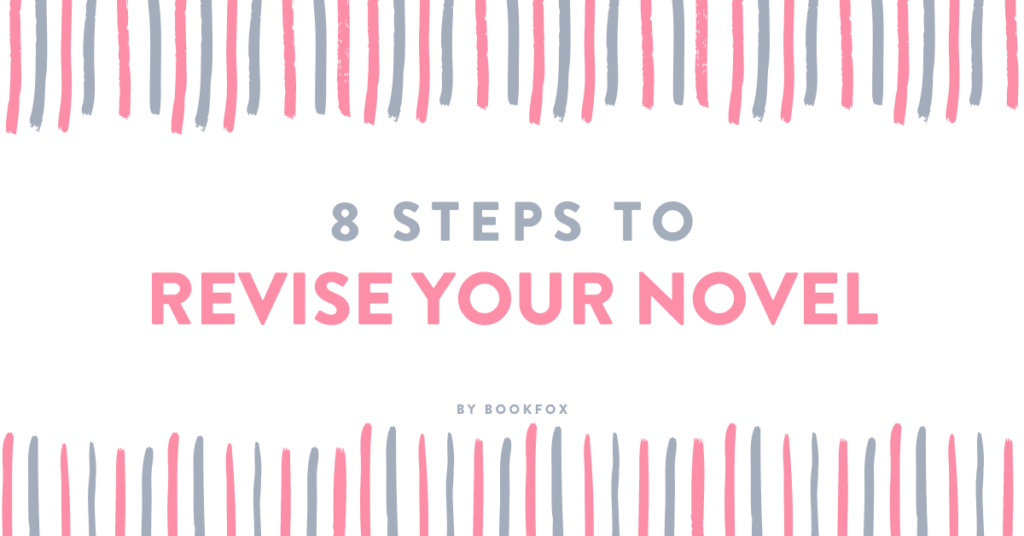
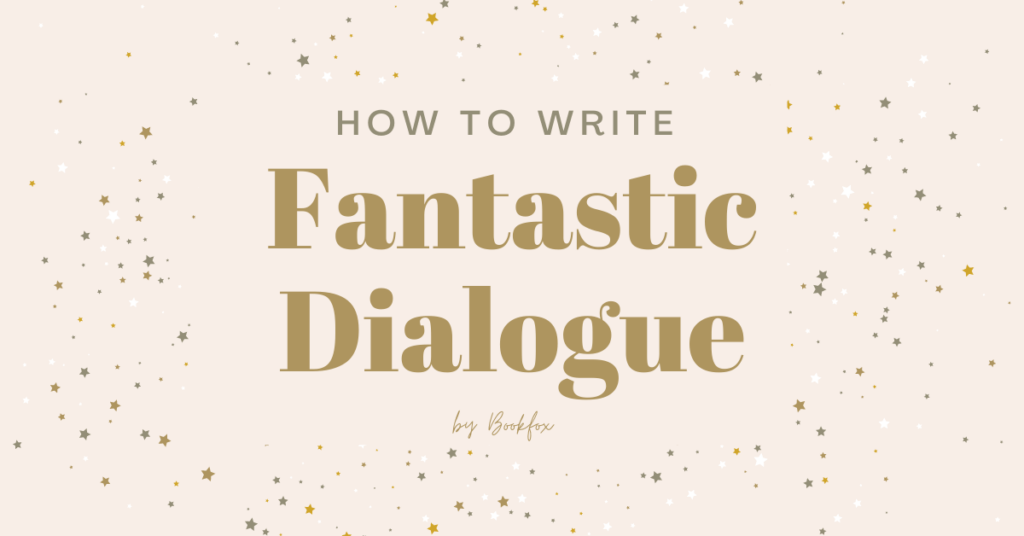

42 comments
That was excellent. ..
Thank you for these tips! I dread structurally editing my own work. You’ve broken it down into less-terrifying chunks.
Great Hints!
These are great. Thanks a lot for these tips.
Excellent. Very relevant to my current effort.
I’m a professional editor and this article still taught me things.
Thanks! Glad it was helpful!
These are amazing and fresh tips! I edit loads for others but I’m a schmuck at editing my own stuff. Loved this article.
I liked all these tips. I was a judge recently for a writing contest, (one of many,) and found my eye sharpened by reading the work of others.
I used a novel by another author as the framework for mine, and yes, it was extremely useful.
Thank you!
Excellent information. Thank you for sharing. I love editing for others. For me, I believe the reason I struggle when editing my own writings, is simply because I know the story too well. I have read and re-read the chapters, the ending, and the climax too many times. I make the mistake of falling in love with my stories. One of my instructors advised the class to NEVER fall in love with your story. That’s tough for me to handle. Each of my stories or novels hold a special place in my heart. I am keenly aware that may not ring true for anyone else out their in the world. 🙂
This was an awesome article to read, especially as a young writer. Now I have a few more tricks up my sleeve. Thank you for all the tips!
These are excellent!! I, too, am a professional editor, though mostly proofreading & line editing. Big-picture editing is not my strong suit. I’ve bookmarked this for myself and will be sharing with my writer friends!
I actually did cut my masters thesis up while I was editing it. It was immensely helpful. Right now I’m going through a revision of my book by putting all the scenes and bits on notecards so I can move them around.
I’ll definitely be using the rest of these as I go. Thanks for sharing!
Thanks so much for the info, it was very helpful. I’m just starting out with my first book going through publishing right now. I’m working on my second book and editing with your tips, this has been by far the most helpful tips and info. My only regrets are not having them for my first book, wish I could rewrite it, If Only!! Now, I must move on and hope I can get through the second book without making the same mistakes. I would like to edit for other writers, didn’t know such a thing existed, or where online to go to do such a thing.
Instead of reading it out loud, I just turn on Read Aloud or Text to Speech in Word or PDF.
Guess I am not a real writer- by these standards there would be nothing left of what I wrote. Maybe I am just writing stories for myself, and I suppose I can entertain myself doing so for ever. I have no model I look to, if I begin butchering there probably wouldn’t be enough left to feed am amoeba. My writing has a certain sequential flow to it, no way I could pull stuff out of context and it work out just as well.
Thanks.
Old wine in new bottles…
Indeed for practical principles to edit. At times as a writer, certain points leads to frustration and hopelessness. But after reading these, it gives you the confidence that writing and editing as a process are the same for all the authors, whether first timer or a best seller. The kind of mistakes has the same psyche, all over. Thanks, John !!
Great article with some new insights for me. I especially like “First Look”. Thank you.
Oh, you’re good. I have used some of these techniques when editing others, but not all of them and not necessarily for my own work. Excellent reminders, very well put. Thank you.
Thank you so much for sharing this information. I’ve set my work aside for awhile because I’m sick of looking at it. My current work is a memoir of my retirement and survival of numerous set-backs.I’m still wrestling with the “chicken or the egg” conundrum.
Excellent advice for new and not-so-new writers.
Wow, like a smoldering cup of coffee on a breezy, nippy day, you gave me satisfaction! (I’m a new writer, can you tell?)
Good advice. Thank you.
Wonderfully hit on several issues I am just now having, after pulling out a (very) old YA manuscript, and not able to find ‘readers’ for a novel, though I’ve written short stories successfully (in that they have been published). Although I’m rather tired of ‘getting it right’ as far as the ‘usual editing’, your ideas have motivated me to realize that if it’s worth all this work, it’s worth doing more things right–like you showed here! Thank you immensely.
I think you made a great point on reading out loud to get a look at how our text sounds at the bigger picture. Sometimes we might think that our writing is interesting but it would be beneficial if we can have someone objective to read or listen to our writing. I will definitely remember your tips and consider outside help when I am writing something important.
Thanks for the good tools, communicated well!
Thank you. Very helpful for multi-genres that I write in.
Clear and concise advice. Thank you. I will be using this.
Great resource, thanks
I think some of this will help me with my nonfiction writing. Thanks.
This was really helpful. I’m a new writer and I didn’t really know how to edit.
But I read this and now I know a lot more, so thanks!
The butcher´s mindset – haha, that´s the most difficult, yet the most effective tool for me when editing. Thank you for those tips!
Thank you! It’s a lot of valuable information to consider. Now my piece looks more like a slice of swiss cheese than a short story!
Thank you very much for your helpfully, nicely presented blog-post on Editing tips for self editing. I’m hooking my wagon to your 60,000 other followers, and expect great things.
Kindly, and in your debt,
Linda Sparkman
Hi Linda,
Thanks for the kind words! I’m excited to help you along your writing journey.
This was amazingly helpful. Thank you so much, Bookfox!
Thanks so much …. I have edited both my work and others and used a few of the tips you mentioned…but you gave me many tools I had not heard or thought of so thank you John
Great key points and very helpful.
Very Professional tips you shared here regarding editing. Hats off.
Of the many self-editing blogs/articles/teachings I’ve examined, in yours, only 6 and 9 are like them. I especially like “try changing the spacing, font, and font size.”
Thanks.